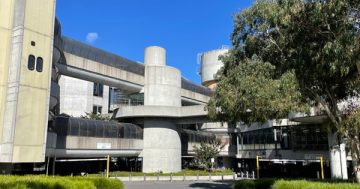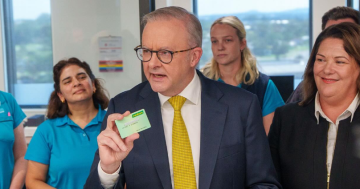 An independent review of South Australia’s mental health laws has been carried out by the South Australian Law Reform Institute (SALRI) which is required by the Mental Health Act 2009 to be carried out every five years.
An independent review of South Australia’s mental health laws has been carried out by the South Australian Law Reform Institute (SALRI) which is required by the Mental Health Act 2009 to be carried out every five years.
Based at the University of Adelaide, the Institute made 61 recommendations to reform the law and practice as well as 11 suggestions relating to key issues which fell outside the formal terms of reference of the review but were raised as important by the people who contributed them.
Among SALRI’s recommendations were to: Address the complex intersection between mental health and the use of illicit drugs and/or alcohol; Improve data collection and analysis; and Establish a framework to translate guiding principles into practice and an accountability mechanism for non-compliance.
The Institute also proposed updating language to reflect rights-based and modern practice; Ensure the decision-making capacity of a consumer is safeguarded; and Promote Aboriginal mental health and implement culturally responsive and appropriate services as well as other proposals.
Welcoming the review’s report, the Minister for Health and Wellbeing, Chris Picton
thanked the SA Law Reform Institute for its contribution which he said would help to ensure South Australia’s mental health laws were up to date and the best they could be.
“We need to get the balance right for our mental health laws,” Mr Picton said, “ensuring we prioritise wellbeing and rights of consumers, and protection and appropriate treatment.”
“The Government will now consider the recommendations and work on what the next steps will be, in consultation with key mental health groups and consumers,” he said.
Director of the SA Law Reform Institute, Professor John Williams said the review carefully considered the laws governing mental health and its wider implications in both policy and practice.
“One of the main considerations was to safeguard and promote the human rights of consumers, while also providing clear frameworks, processes and roles for all parties involved,” Professor Williams said.
The final recommendations and suggestions followed extensive consultations which included 149 written submissions and 76 contributors to the public YourSAy site.











